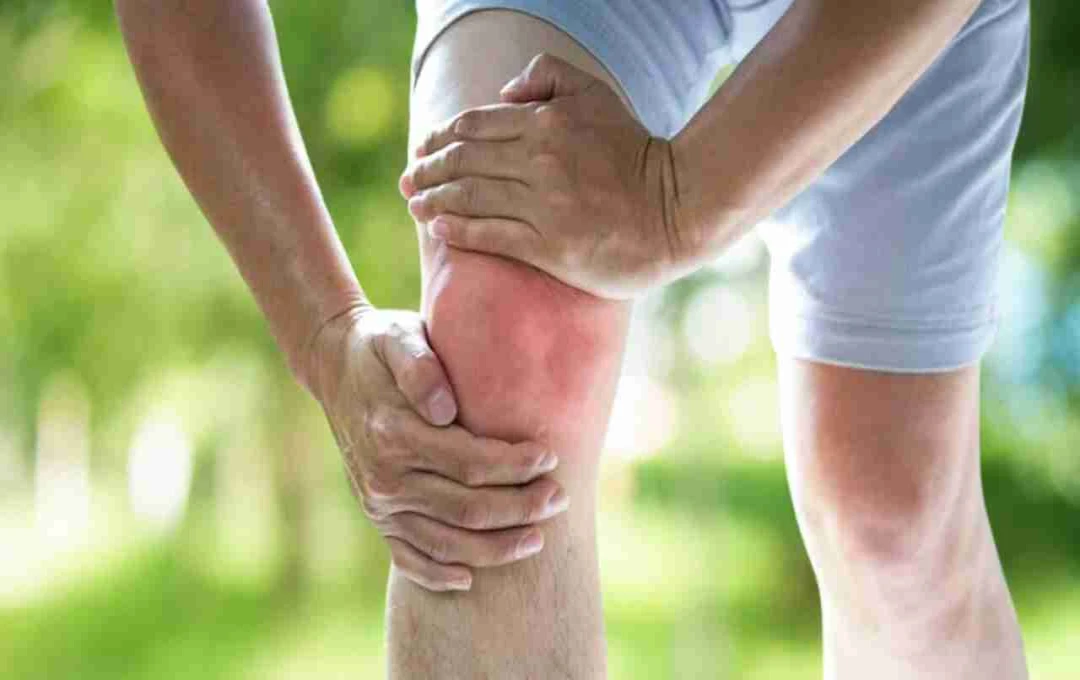Discussions surrounding sex education were once considered taboo. However, knowledge about sexual health is crucial for everyone. Sex education provides information about responsibilities, sexual activities, appropriate age, reproduction, contraception, sexual abstinence, and more. Today, awareness about sexual health is spread through schools and public programs.
Previously, people didn't pay much attention to these matters. Furthermore, discussing such topics before marriage was unacceptable. Anyone attempting such a conversation was considered socially inappropriate. Sex education itself has been controversial. However, in today's world, individuals are more responsible for their health, leading to a greater desire for health-related information. In both rural and urban areas, men and women are receiving education on sexual health. This aims to help them prevent sexually transmitted diseases and infections like HIV/AIDS, ultimately improving their future. Therefore, adolescents should also receive sex education to avoid the dangers of these issues. Let's explore what sex education is and its benefits in this article.
What is Sex Education?
Sex education is essential for people of all ages and both genders. It has multiple facets, and in many countries, it has become a significant subject, similar to other academic disciplines. Sex education addresses all common and serious issues related to sex. Our country has established numerous laws and regulations concerning sex, providing comprehensive information. It explains how sex is legally defined in our society, outlining its boundaries in a structured manner. Sex education also provides guidance on managing hormonal changes associated with aging.
The Importance of Sex Education
Sex education is a broad term describing education on human sexual anatomy, reproduction, intercourse, and human sexual behavior through teaching. Some forms of sex education are part of the curriculum in many schools. It has become a contentious issue in many countries, particularly regarding the age at which children should begin receiving education about human sexuality and behavior. This aims to prepare adolescents to comfortably accept the changes occurring during this life stage.
Sex Education in Schools
Sex education in schools should include topics such as reproduction, sexually transmitted diseases, sexual expression, HIV/AIDS, abortion, contraception, pregnancy, miscarriage, and adoption. It is typically introduced for students from grades 7 to 12, although some aspects might be taught to students as young as grade 4. Several laws govern how sex education should be taught. In most parts of India, schools seek parental consent for children to participate in sex education classes.

Information on Sexual Health and Sex Education
Women should possess knowledge about sexual health. Understanding their sexual organs is crucial.
Vagina - The vagina is the internal part of a woman's reproductive organs. It connects to the uterus and is where intercourse takes place. Menstruation and childbirth also occur through the vagina.
Breasts - Breasts are the main part of a woman's chest. They contain glandular tissue and nipples. Women's breasts develop during puberty and function in breastfeeding after childbirth. Compared to men, women have less developed chests; hence, they are called breasts.
Uterus - The uterus is located in the lower abdomen of a woman. It is pear-shaped and connects to the vagina via the cervix. The egg develops here. Additionally, the uterine lining builds up and sheds each month during menstruation.
Vulva - The vulva is the external part of a woman's genitals. It's also known as the clitoris. It's the lip-like structure around the genitals which helps keep the vagina moist.
Hymen - The hymen is a membrane-like structure inside a woman's vagina. This membrane constricts the vaginal passage. It often ruptures during sexual intercourse.
Tips for Avoiding Sexual Problems in Women -
If experiencing breast pain or other issues, consult a doctor immediately for diagnosis and treatment to reduce the risk of breast cancer.
To prevent cervical cancer, doctors may recommend specific tests and medications.
Consult a doctor before using any external product to wash the vagina and anus to avoid the risk of infection.











